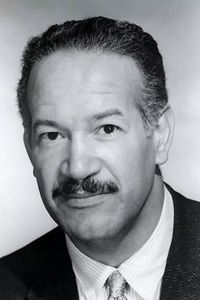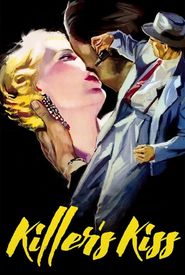Frank Silvera, a renowned actor and director of the 1950s and 1960s, defied racial and ethnic boundaries due to his light-skinned appearance, effortlessly transitioning between diverse roles.
His cinematic career was marked by a remarkable versatility, as he was cast as a black individual, Latino, Polynesian, and even racially ambiguous, thanks to the limitations of black and white film stock in accurately depicting light-skinned African Americans.
Beyond his impressive acting career, Silvera was a committed advocate for the Civil Rights Movement of the 1950s and 1960s, urging his colleagues in the theater and film industries to support the struggles of Black Americans during this pivotal period in American history.
In his legacy, the Frank Silvera Writers' Workshop Foundation, Inc. was established in 1973 by a group of esteemed professionals, including Morgan Freeman, Garland Lee Thompson, Billie Allen, and Clayton Riley, to perpetuate his vision and dedication to empowering Black voices.












































